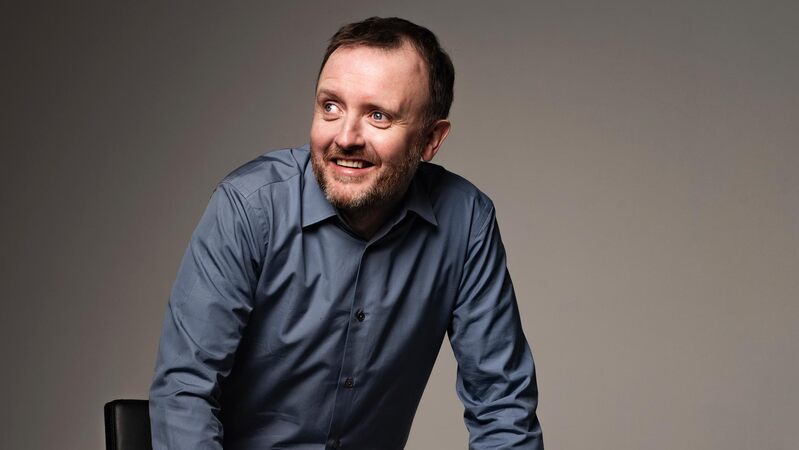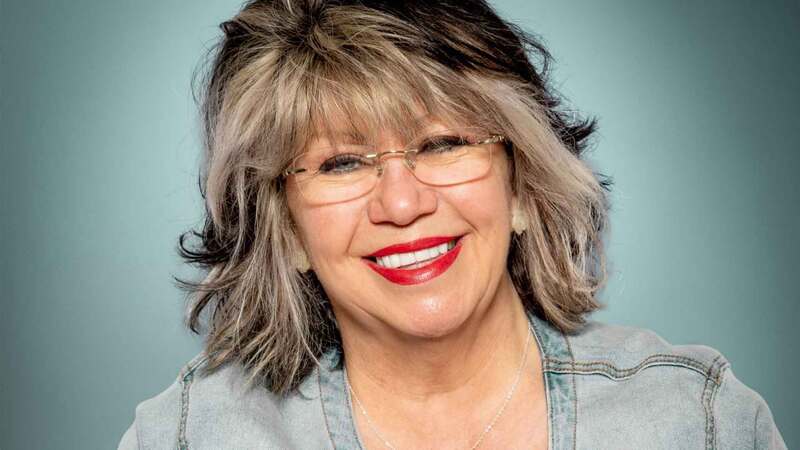You are viewing your 1 free article this month. Login to read more articles.
Alan Sugar: in his own words
Lord Alan Sugar begins the interview promptly. "Have you read the manuscript?" he asks. Yes, I indicate. "You've read the whole lot, yes?" he probes in that slightly unsettling style that will be familiar to fans of the television show The Apprentice. All 589 pages. "And," he enquires, "what's your opinion then?" I pause, as he continues. "Honestly speaking now, I won't take exception . . ."
Fortunately, the book is easy to praise. Detailed, at times controversial, and even humorous, What You See is What You Get is Lord Sugar's retelling of his life from his relatively humble beginnings in Clapton in Hackney (he was recently made Lord Sugar of Clapton, having been knighted in 2000), through his wheeler-dealer early days before his electronics company Amstrad became a stock market darling, on to his colourful time as owner of the football club Tottenham Hotspur, and ending with his emergence as a television personality thanks to the huge success of BBC television show "The Apprentice".
For Lord Sugar, who has enjoyed a long and at times very public profile, the book is his moment to set the record straight. "It's a final right of reply," he says, and in particular offers him the chance to have "a swipe" at the football industry. The book is peppered with correctives, from the minor— "my official height is 5ft 8in and has been since I was 16"—to the five chapters devoted to his ownership of Tottenham Hotspur when, as Sugar writes, "day after day, you read twisted lies about yourself in the press". Chapter headings such as "Buying a Nightmare" and "Shooting Bambi's Mum" give some indication of the rich content.
Lord Sugar says that he began writing the book about a year before publication. Publishers had to sign a non-disclosure agreement before receiving a 30,000-word sample of the book. Interestingly, it wasn't the size of the advance that swayed him. "All the big boys can offer the same amount if they want to, but I chose Macmillan because of the people, basically." He also wanted to make sure the story would be published in full. "I have been told that the book is quite long, but I said that I would only agree to write it if it was published in its entirety."
One of the book's strengths is that it is told in Lord Sugar's unmistakable patter, with the business baron having first dictated the book onto a digital recorder, before receiving transcripts for review. "Publishers had offered me ghost-writers, but no one can put my voice over, and some of the grammar would be frowned upon by experts, but that is the way I speak."
Sugar is typically forthright throughout, railing at the "hyprocrites" behind Jewish dietary laws, psychoanalysts ("Do you know there's a whole industry in this!"), certain journalists ("a pathetic loser who does nothing in life other than engage in spiteful sniping to cover his own lack of achievement"), artistic people ("very touchy and sensitive"), football agent Eric Hall ("repulsive"), and last, but not least, Terry Venables ("thick").
Lord Sugar, who admits that he has a tendency to say things he later regrets, is adamant that there is nothing in the final draft to worry Pan Macmillan's lawyers. "I wrote it as I felt it at the time, then I asked people, including Macmillan, what they thought about it, and I might then have softened it down a bit, or removed something that I felt was interesting but which others felt wasn't. And of course, the book that you see has gone through a very thorough legal process. So I am happy with those words, and I'll stand by all of them."
It would be unfair on Lord Sugar to characterise the book simply as a 600-page correction however. The detail of his early life in the East End is striking—"one thing I've have been blessed with is an absolutely ridiculous memory for minor detail" he says—while the depiction of his corporate rise and near fall is absorbing, packed with advice for apprentices. There are also court cases that would not be out of place in a John Grisham novel, and the inside track on the filming of "The Apprentice".
Lord Sugar says the book could become a "learning tool", and hopes that it will be purchased by schools. But he knows that despite the initial positive feedback he has received, there is only one true measure of its success. "I've shown the book to a few people who know me, and of course they enjoyed it thoroughly and all that stuff. Now we've got to see whether it is successful or not, and as with any product, that is down to the consumer. It's the numbers that matter."
What You See is What You Get and new book The Way I See It by Alan Sugar are published by Pan Macmillan.















